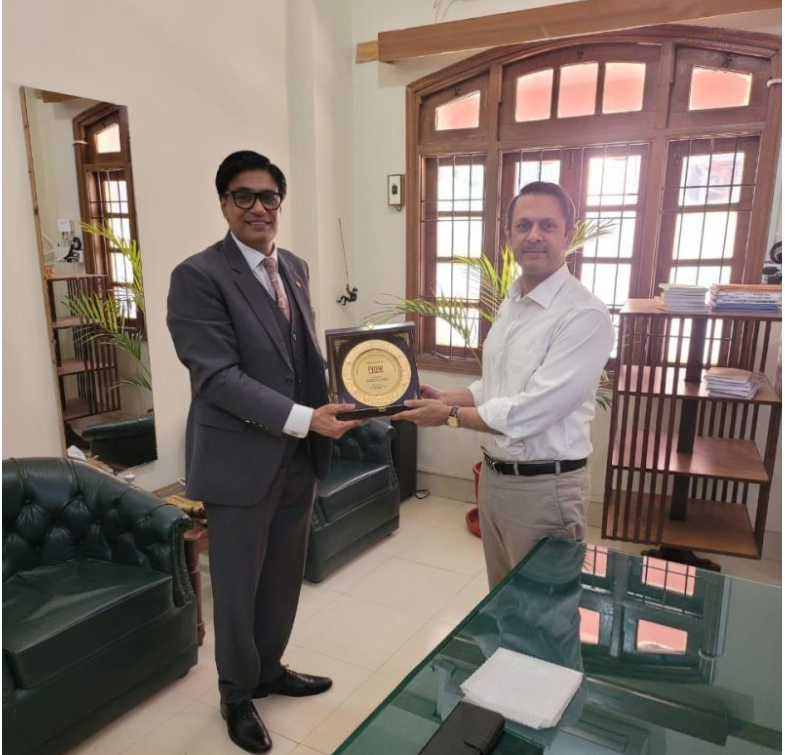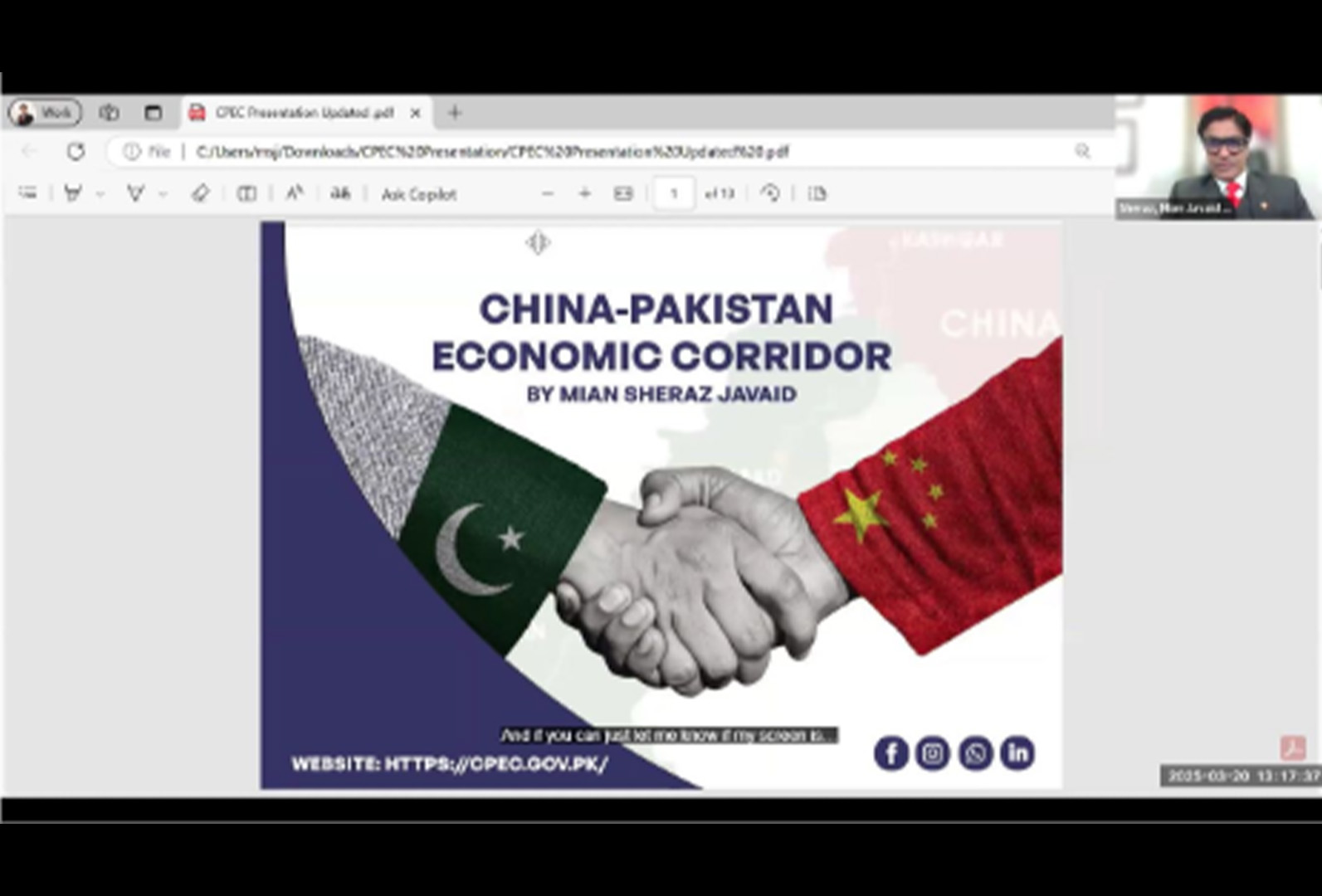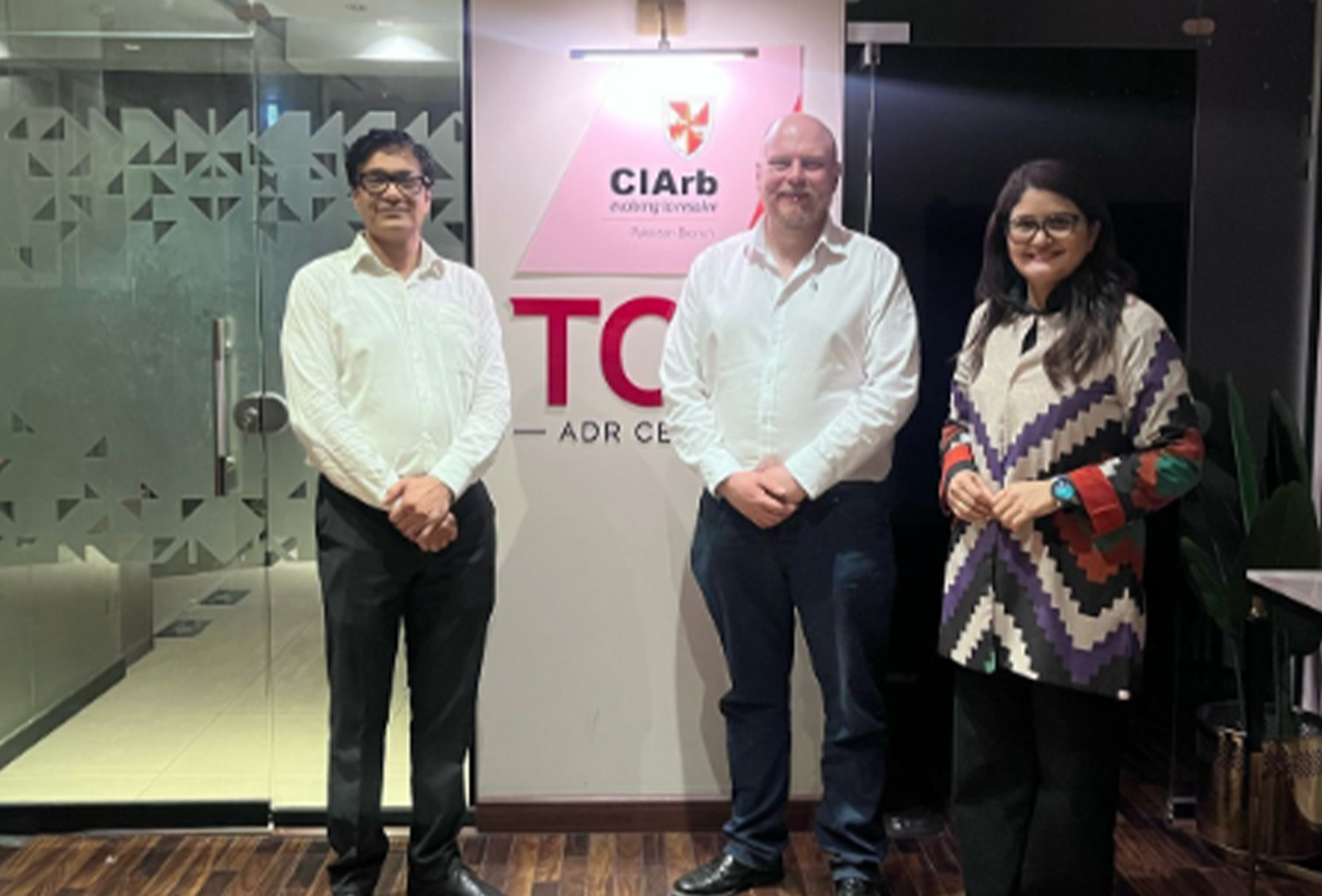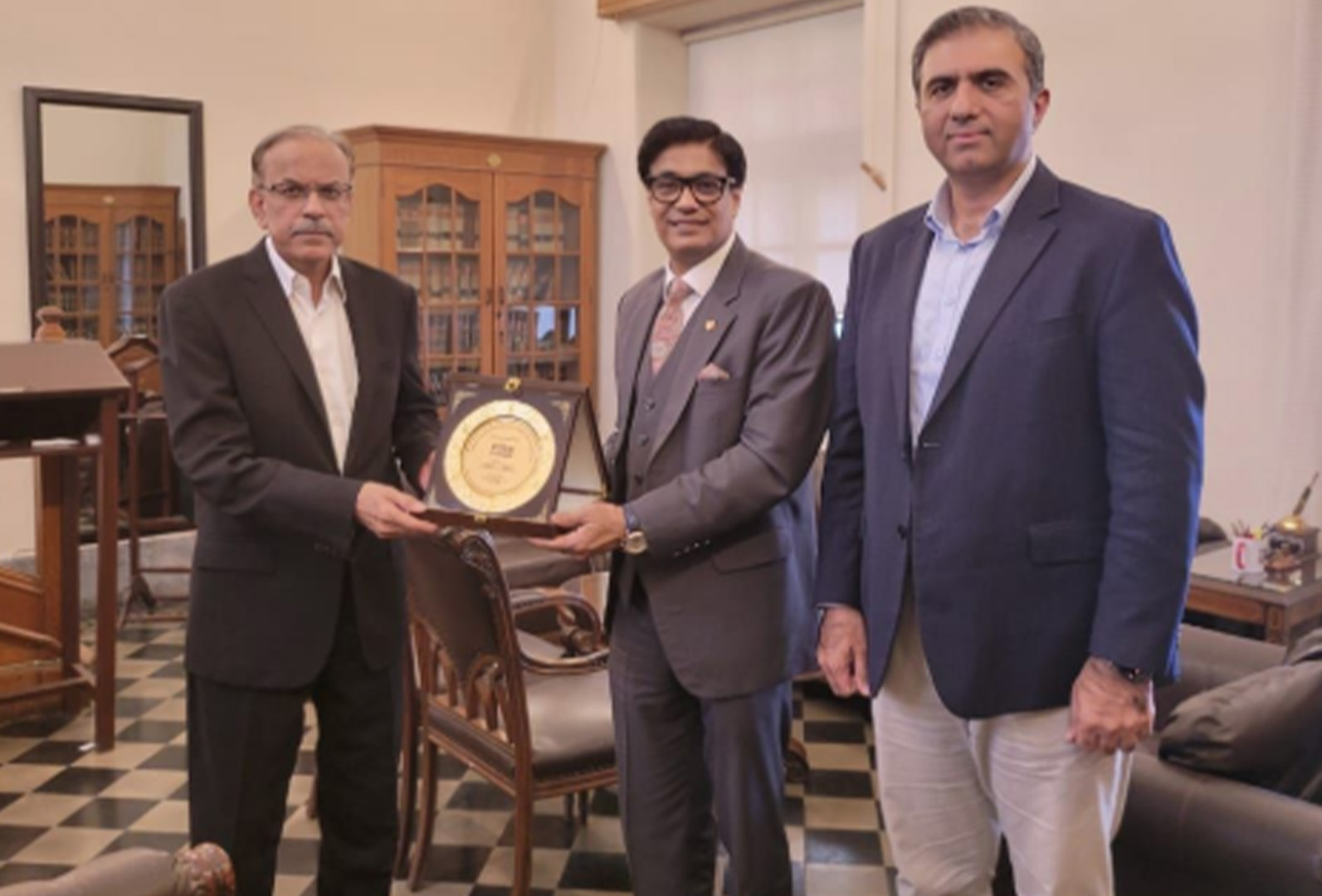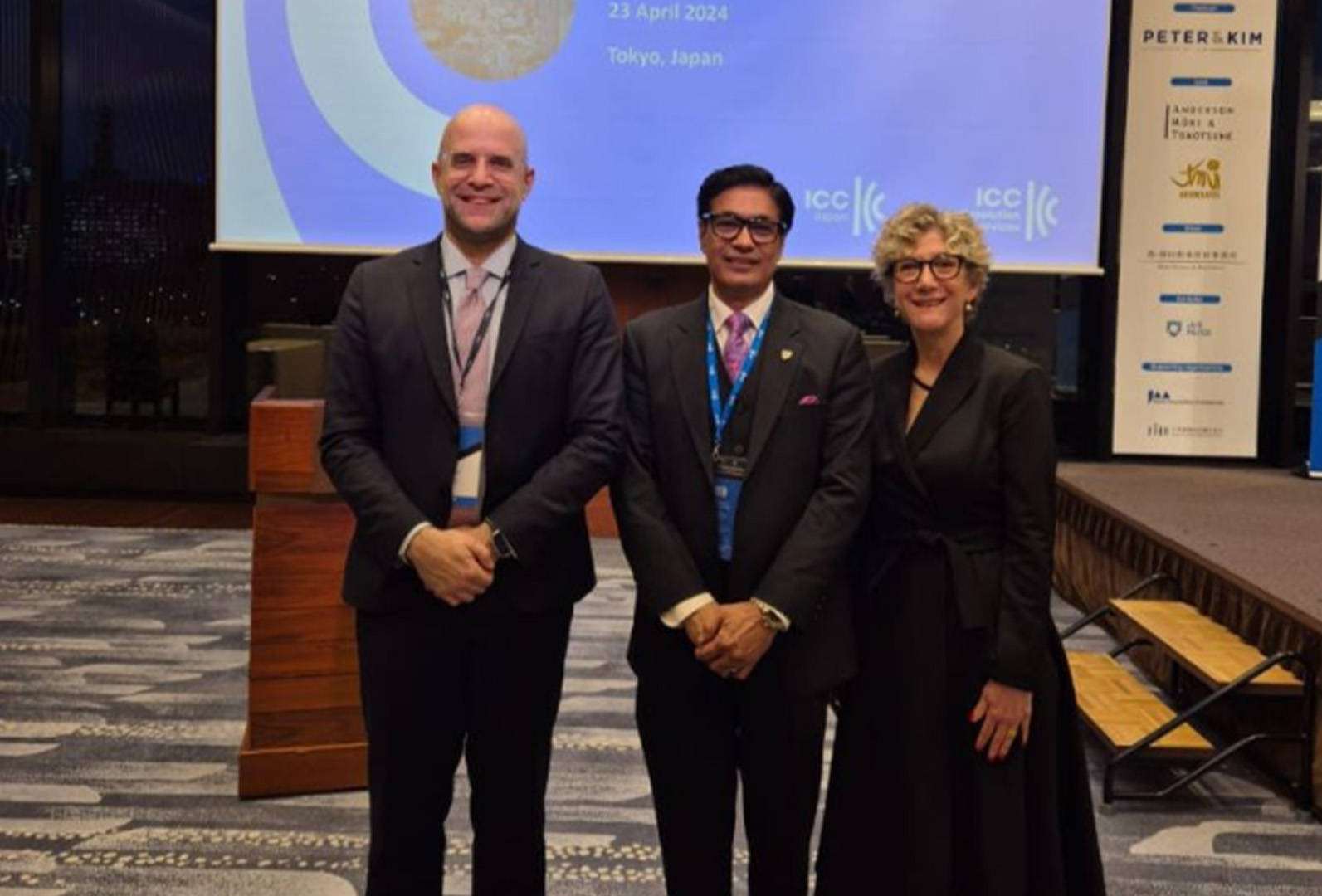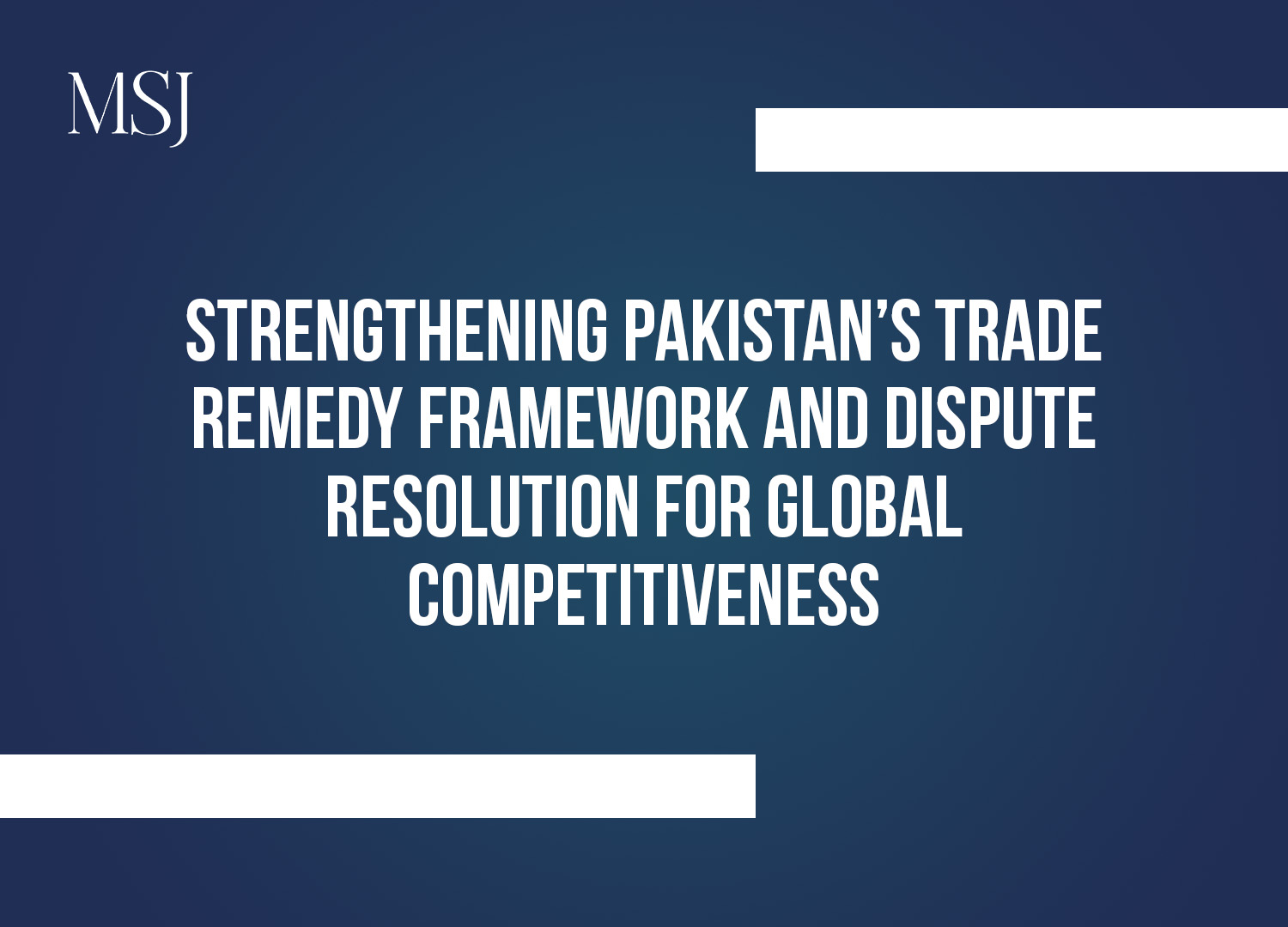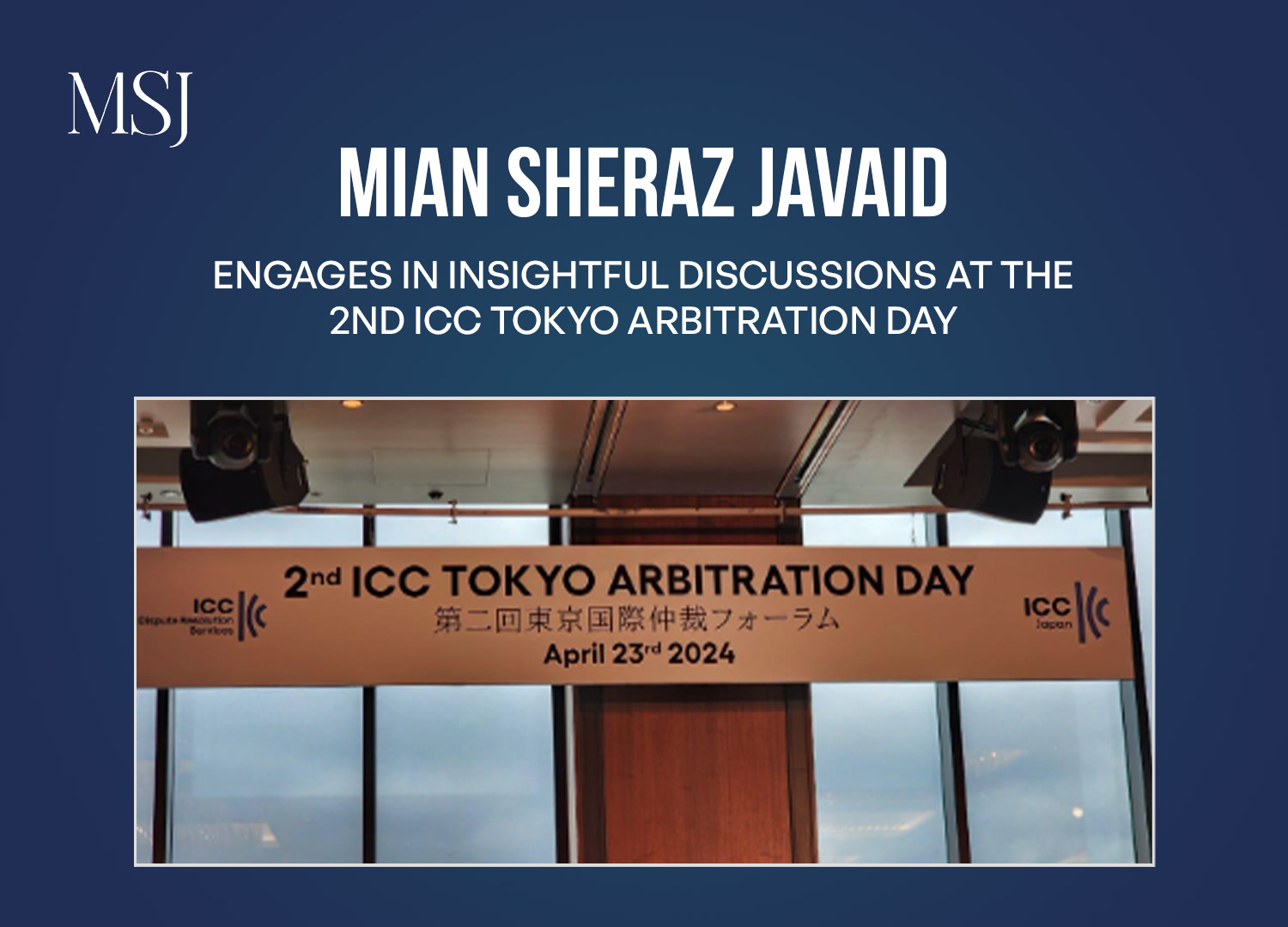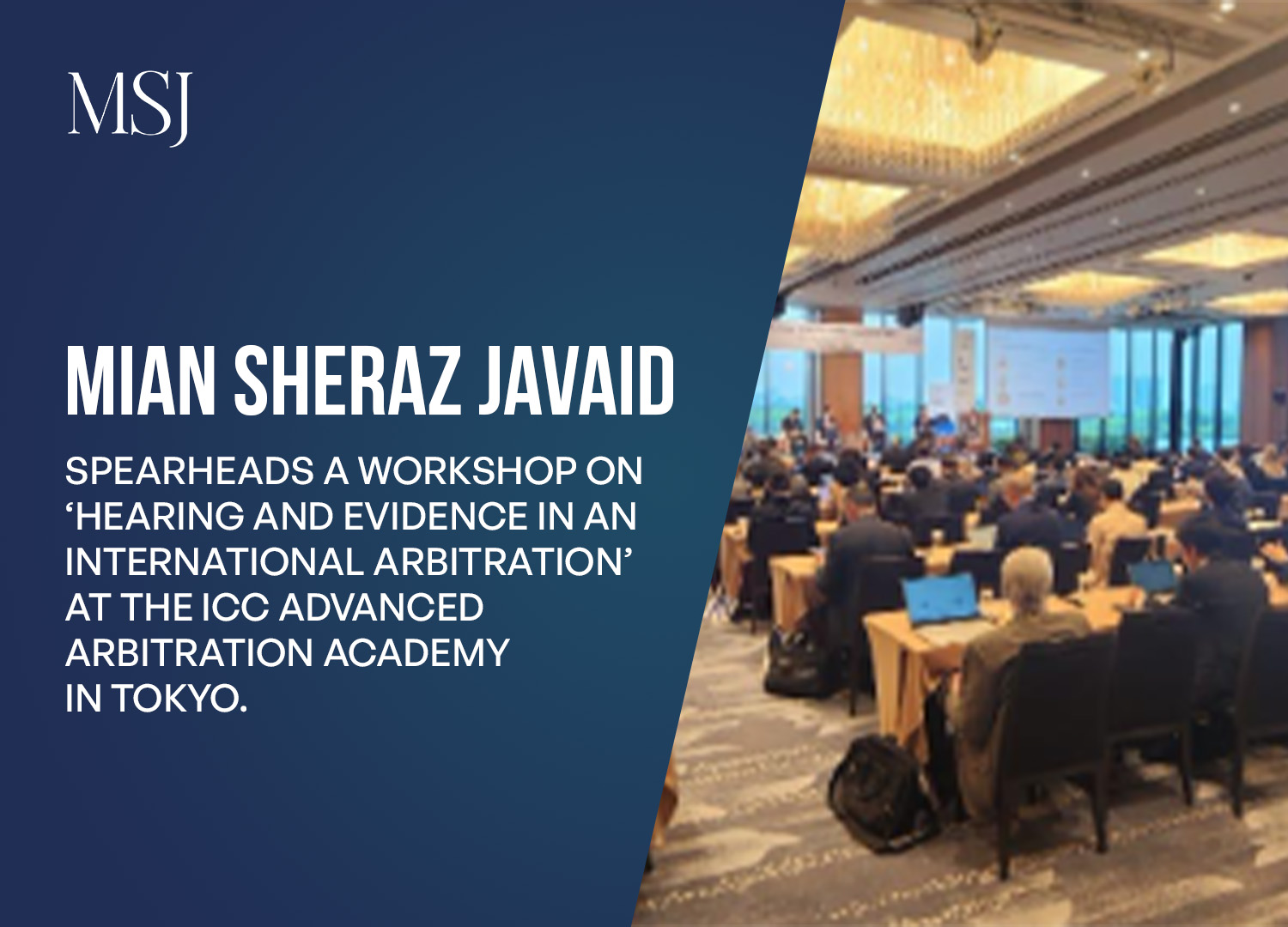Mian Sheraz Javaid Highlights Role of Mediation in CPEC Investment Disputes at LUMS Meeting
In December 2024, Mian Sheraz Javaid was hosted at the Centre for Chinese Legal Studies (CCLS) at the Lahore University of Management Sciences (LUMS). At the meeting, Sheraz discussed how mediation is gaining increasing significance in dispute resolution issues from the China-Pakistan Economic Corridor and how this can further improve the investment environment between China and Pakistan.
The Centre for Chinese Legal Studies, LUMS, brought a platform on their campus as the event had mediation as its prime focus—an effective tool to help resolve CPEC projects by Mr Sheraz, who maintained mediation has not only become internationally known but highly endorsed as the worldwide practice to take place. Today, its impact is increasingly relevant in cases that involve a breach of treaties on cross-border disputes on investment.
"Disputes are inevitable in international investments, especially large-scale infrastructure projects like CPEC," said Sheraz during the meeting compared to traditional litigation, particularly for cross-border investments where judicial systems may differ substantially."
CPEC is a flagship project under the overall Belt and Road Initiative (BRI). Therefore, Chinese investment in Pakistan increased significantly with all kinds of infrastructure projects, whether it is for roads and rails or energy-related projects. As such, huge potential lies here for both countries, yet challenges do come along with the projects. Disputes on these matters are important, which Sheraz underlined, in particular when there are parties that come from diverse legal cultures and regulatory environments.
According to Sheraz, this role of mediation in CPEC disputes is akin to the provisions found in the FIDIC contracts. FIDIC is widely used in international construction and engineering projects, thereby creating a framework that comprises the mediation process as a multi-tiered dispute resolution process. Under such frameworks, mediation is an essential first step before parties take their matters further to arbitration or litigation.
"Mediation, especially when conducted by a neutral third party, offers a confidential and less adversarial method to resolve issues. This is crucial in international disputes where diplomatic and commercial relations must be carefully preserved," said Sheraz.
In his discussion, Sheraz highlighted that mediation is not only a theoretical model but a practice whose success has gained momentum in other countries, including China, as its legal system increasingly incorporates alternative dispute resolution (ADR) mechanisms to settle disputes both at home and abroad.
In brief, the crucial message that this meeting had is the establishment of dedicated forums and advisory services tailor-made for the needs of businesses from China into Pakistan. This could help these businesses run in a smoother and more streamlined fashion by offering specific consultancy and advisory work to the clients so as to avoid traps that cause conflict.
"The success of CPEC and Chinese investments in Pakistan hinges on collaboration and mutual understanding. Chinese investors must be equipped with the right tools to navigate the unique challenges posed by Pakistan’s legal and business landscape. This requires a robust framework for advisory services, which will ensure that businesses not only avoid disputes but also have the means to resolve them amicably when they arise," said Sheraz.
This emphasis on proactive dispute prevention rang through throughout the meeting as he put great emphasis on how businesses should include clauses in their contracts to make mediation a part of that and that legal professionals, in turn, should include this mediation practice as their first line of defense against potential disputes.
The discussions at LUMS were highly appreciated, with Sheraz taking a moment to thank the faculty for their hospitality and the opportunity to engage with the audience on such important matters. He specifically acknowledged the efforts of Usama Bin Zafar, Minahil Toor, and Sikandar Ali, who facilitated the event and ensured its success.
"I would like to extend my gratitude to the LUMS faculty for their generous hosting and for this initiative, which is so vital to advancing discourse on legal studies concerning Chinese investments in Pakistan," said Sheraz. "I am deeply encouraged by their commitment to promoting constructive dialogue on key issues such as dispute resolution."
Sheraz's participation in this meeting falls into his larger aim of improving the legal framework relating to investment disputes in international projects such as CPEC. The more China and Pakistan strengthen their economic and strategic ties, the more the mechanism for dispute resolution will be in demand. In this regard, mediation, according to Sheraz, may serve as a means to ensure that both countries continue to benefit from the cooperation taking place under CPEC without the burden of open conflicts.
As the conversation around dispute resolution continues to evolve, experts like Mian Sheraz Javaid remain at the forefront of shaping a more collaborative and peaceful business environment for cross-border investments, paving the way for a prosperous future for CPEC and beyond.


